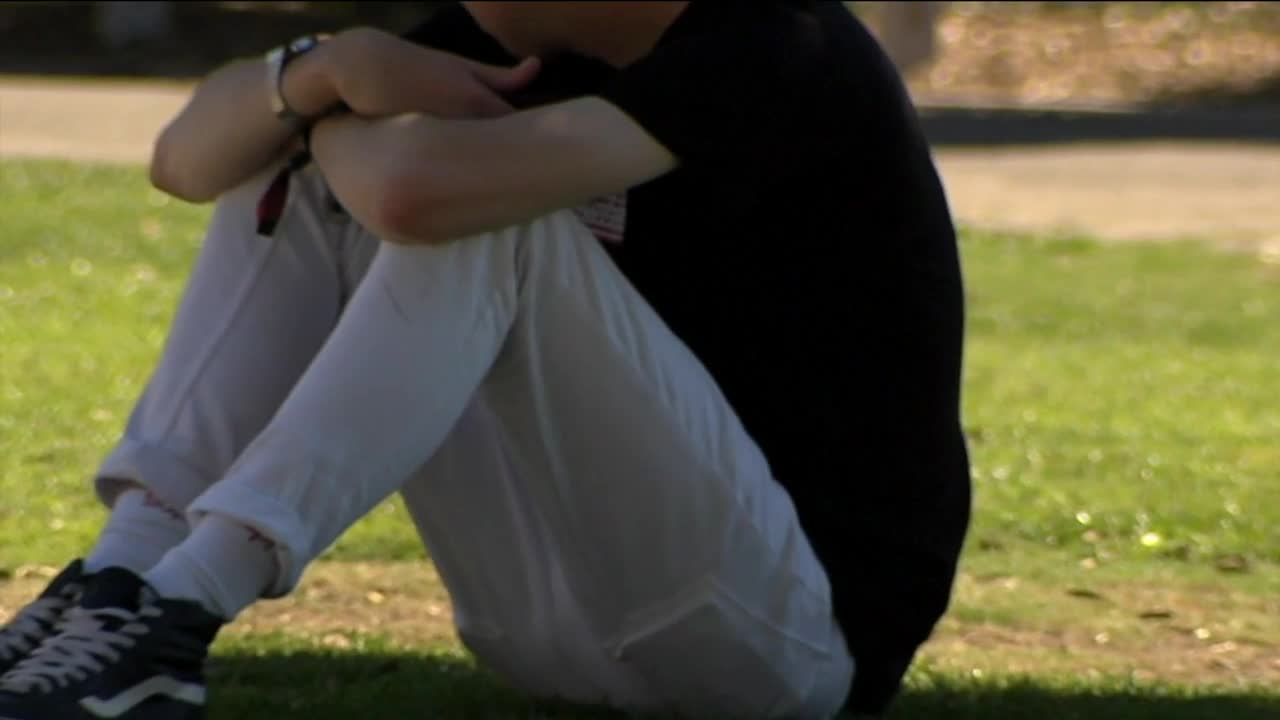MILWAUKEE — Working from home is becoming the norm for many people as the coronavirus (COVID-19) forces businesses to limit how many people can gather inside of buildings. The mental health challenges that come along with working from home are another thing people are struggling with in recent times.
Dr. Jon Lehrmann, a psychiatrist at Wisconsin School of Medicine, says there are some things people can do to try and limit the risk of burnout and to take care of their mental health while we wait for COVID-19 to go away.
For Tirney Konitzer, the pressure is mounting.
"I'm crying and I'm like, 'I don't know what to make for dinner, I don't know how to do this," said Konitzer who is learning how to balance working from home and parenting in the same place, at the same time.
- Resources You Can Use To Get Through The COVID-19 Pandemic
- The List: These Restaurants Are Offering Carryout, Delivery
- FULL COVERAGE: Coronavirus News And Resources You Can Use
The constant interruptions by her 2-year-old make her sales job in the corporate world very difficult.
"I feel like I'm failing both as an employee and as as a mom if I'm being completely honest," she said.
Adding to that pressure, her partner is a nurse who is working inside a local ICU. To limit the risk of spreading COVID-19 to the family, he is not currently coming home. His absence has become another challenge that is mentally taxing on both Tirney and her daughter.
"On an emotional level, she's having a hard time and I don't know how to help her through that right now either because I don't even know how to handle these emotions," said Konitzer.
That emotional uncertainty is pushing Tirney, and so many others who are in similar positions, closer to burnout.
Burnout is defined by Psychology Today as, "a state of emotional, mental, and often physical exhaustion brought on by prolonged or repeated stress..."
"To manage burnout, you have to manage stress," said Dr. Lehrmann.
Dr. Lehrmann says social distancing is something that is naturally challenging to humans.
"It can affect your sense of confidence and reassurance. That can certainly lead to depression and certainly anxiety as well," said Dr. Lehrmann.
He recommends everyone who is working from home still stick to a strict routine, exercise daily, and to seek support. He says virtual support groups are a great way to find feedback needed to provide reassurance. He also said, when things get tough, don't be too shy to seek professional support as well.
"There's tele-mental health where somebody can, in the safety of their hand, can get connected with a mental health professional and get support," said Dr. Lehrmann.
He said adjusting perspective and acknowledging little accomplishments throughout the day can also go along way in avoiding burnout.



